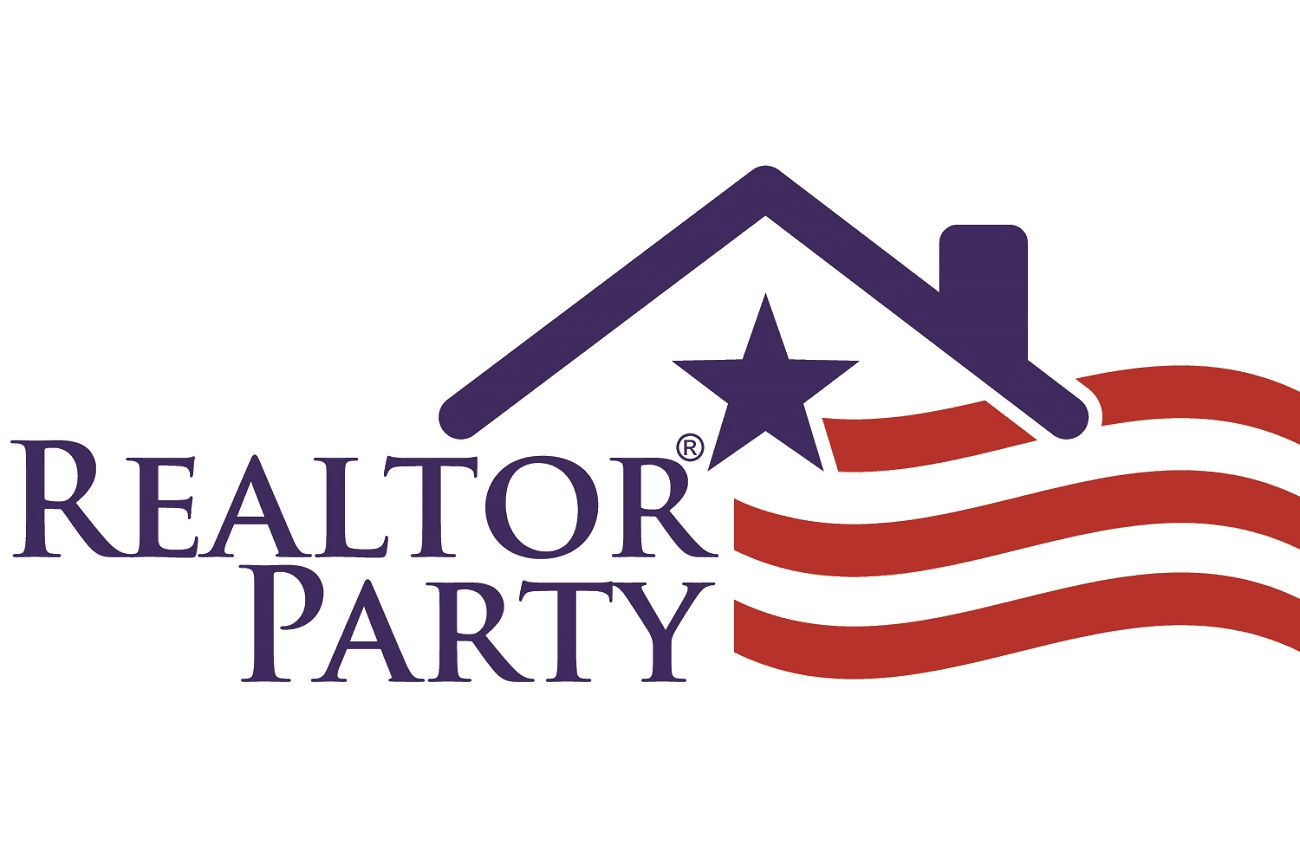Advocacy Impact highlights the federal advocacy work of the National Association of REALTORS® (NAR), which is powered by NAR’s members who live in communities across America. From federal agencies to Congress to the Supreme Court, NAR advocacy is the driving force behind the fight to expand housing access and defend property rights. With bold, bipartisan action, research-driven policies, and deep relationships in our nation’s capital, NAR works tirelessly to defend one-fifth of the American economy.
Advocacy Impact
Safeguarding Real Estate. Advancing Housing Solutions.
2025 NAR Advocacy Wins Wrap-Up
Political Advocacy Wins (2023-2024)
Policy Advocacy Wins (2024-2025)
2025 State and Local Wins
REALTORS® Taking Action: Housing Supply and Affordability
Across the country, State and Local REALTOR® Associations are mobilizing to increase housing supply and affordability.
2025 Policy Pulse: NAR's Priority Issues Survey
2025 State and Local Wins Report
First-Time Buyer Resources & NAR Engagement in Advancing Homeownership
50+ Years of Advocacy Wins
Advocacy Resources Roundup
Check out the several resources listed below highlighting the federal, state, and local advocacy work of the National Association of REALTORS® that help keep members informed and make an impact on vital issues like housing supply and affordability, property rights and fair housing.




























